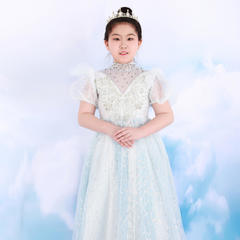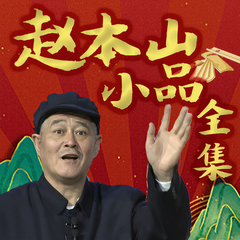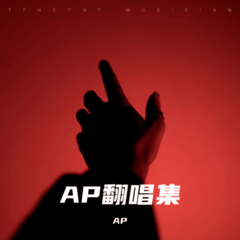Udo Lindenberg
Udo Lindenberg is one of most influential German rock singers of the '70s. Developing a unique straight-rock style mixed with occasional jazzy or symphonic influences and witty lyrics, he was the first to show that rock music with German lyrics was possible and could even be successful.Starting off in the beginning of the '60s in several jazz bands, he came to Hamburg in 1968, where he met Inga Rumpf, another influential German rock singer, and finally founded his first band, called Free Orbit. After a short jazz stint as a drummer in Klaus Doldinger's band, Passport, and an English-language debut album, he started writing German lyrics and released his German debut, Daumen Im Wind (1972). His next album, Alles Klar auf der Andrea Doria (1973), provided his breakthrough in Germany and Lindenberg became the most exciting discovery in German rock. Throughout the '70s, he released a string of equally successful albums (most notably Votan Wahnwitz [1975], Panische Nächte [1977], and Dröhnland Sinfonie [1978]), which firmly established him as one of the greatest German rock icons.At the end of the '70s, he had arrived at a new stage in his career: He discovered Ulla Meinecke, who was to become one of the most successful female songwriters in Germany; published his first book, Hinter All den Postern; and jammed with Eric Burdon, who appeared as a guest star in the tour for Dröhnland Sinfonie. In 1980, he directed and starred in his first movie, Panische Zeiten, a comedy about a rock singer who is kidnapped by a government agent. After another book (Rock und Rebellion -- Ein Panisches Panorama, 1981), he tried hard to finally get together a tour through East Germany, where Lindenberg enjoyed cult status. Apart from one concert in 1983 in East Berlin, a tour scheduled for 1984 was eventually canceled by the East German cultural apparatchiks, who probably feared his sardonic wit.The mid-'80s saw him getting him more and more involved in political issues: He interviewed German ex-chancellor Willy Brandt, took part in the Live Aid concerts, toured the USSR, and started a correspondence with East German party boss Erich Honecker. In 1987, Lindenberg sent him a rocker leather jacket as a gift, a now-legendary symbolical gesture. After releasing his autobiography, El Panico, in 1989, he was awarded the Bundesverdienstkreuz, the highest award given by the German government.In the '90s, his musical creativity faded -- a process which had already become obvious during the '80s, when he released albums that never reached the quality he had achieved previously. He dived into mainstream pop music and his song material became more and more debatable. Nevertheless, his status as Germany's most important rocker was unbroken. Other German bands and singers honored him at his 25th tour anniversary by performing their own versions of his songs. From 1996 on, Lindenberg started a second career as a painter, with extensive exhibitions.


 Das Leben(Single Version Instrumental) - Udo Lindenberg
Das Leben(Single Version Instrumental) - Udo Lindenberg



























![[STATION] aespa《Dreams Come True》MV Teaser - aespa (에스파)](https://img2.kuwo.cn/wmvpic/324/79/54/2120387380.jpg?imageView2/1/w/195/h/130/format/jpg/q/60)





